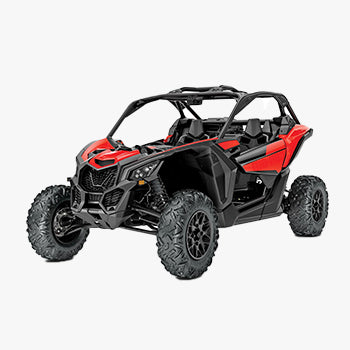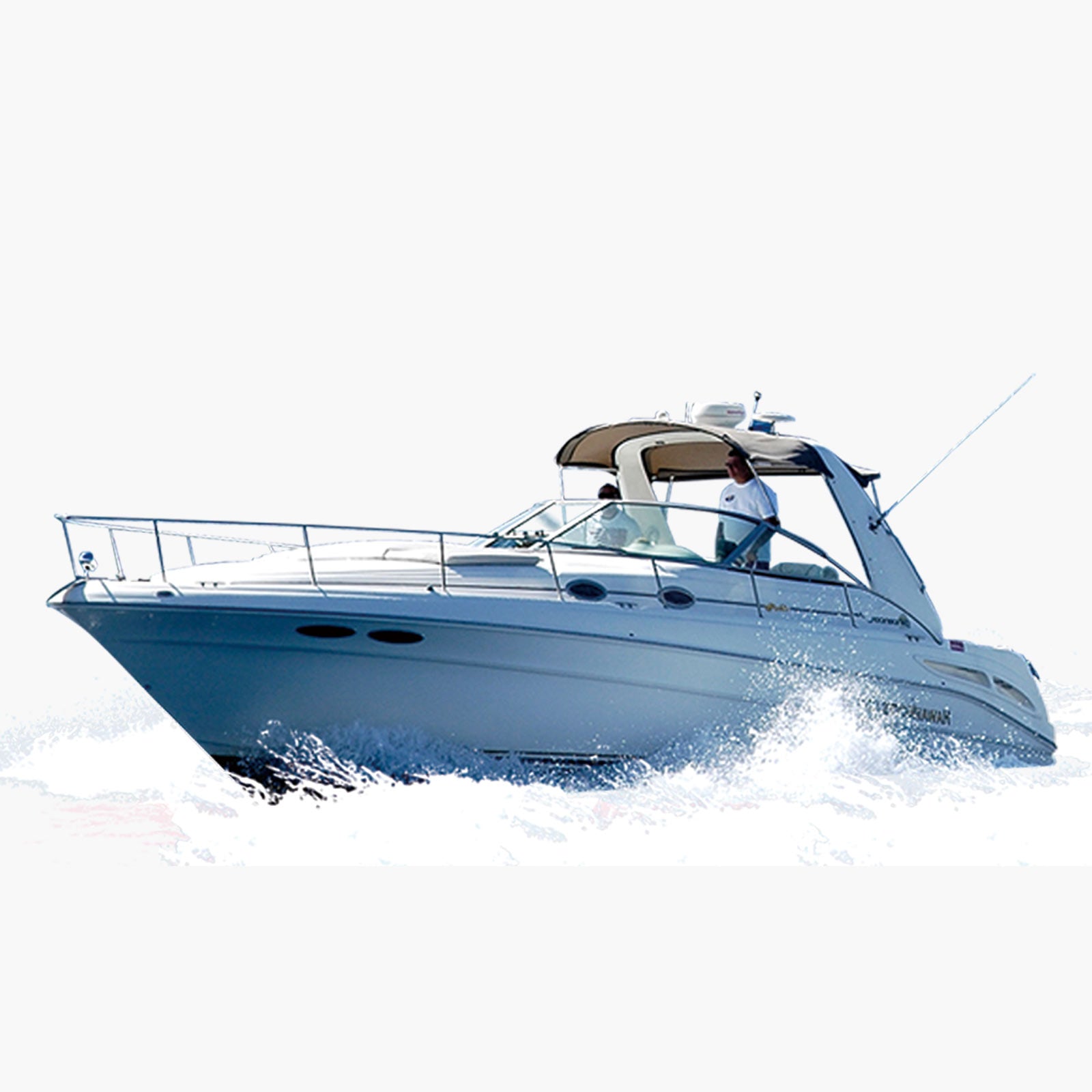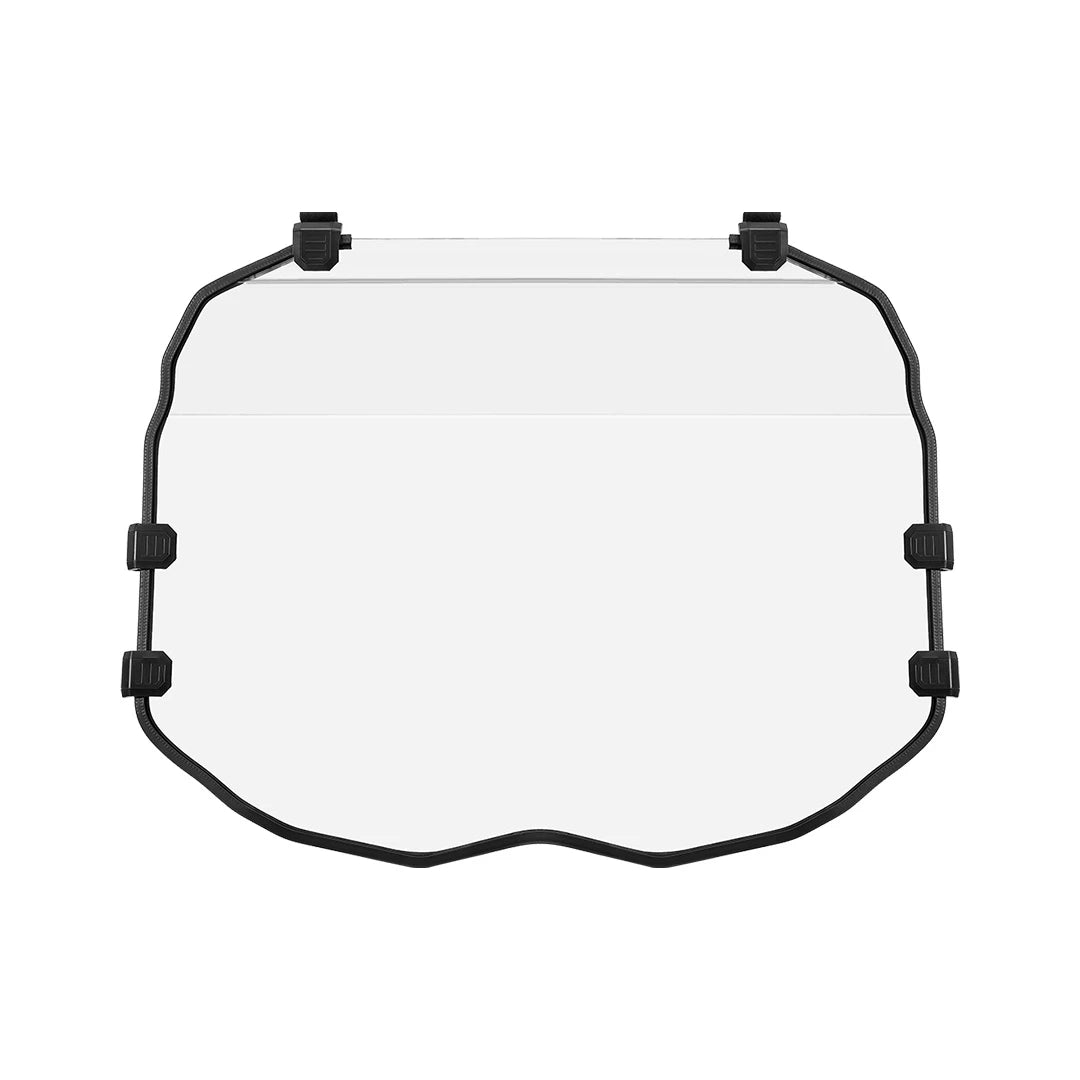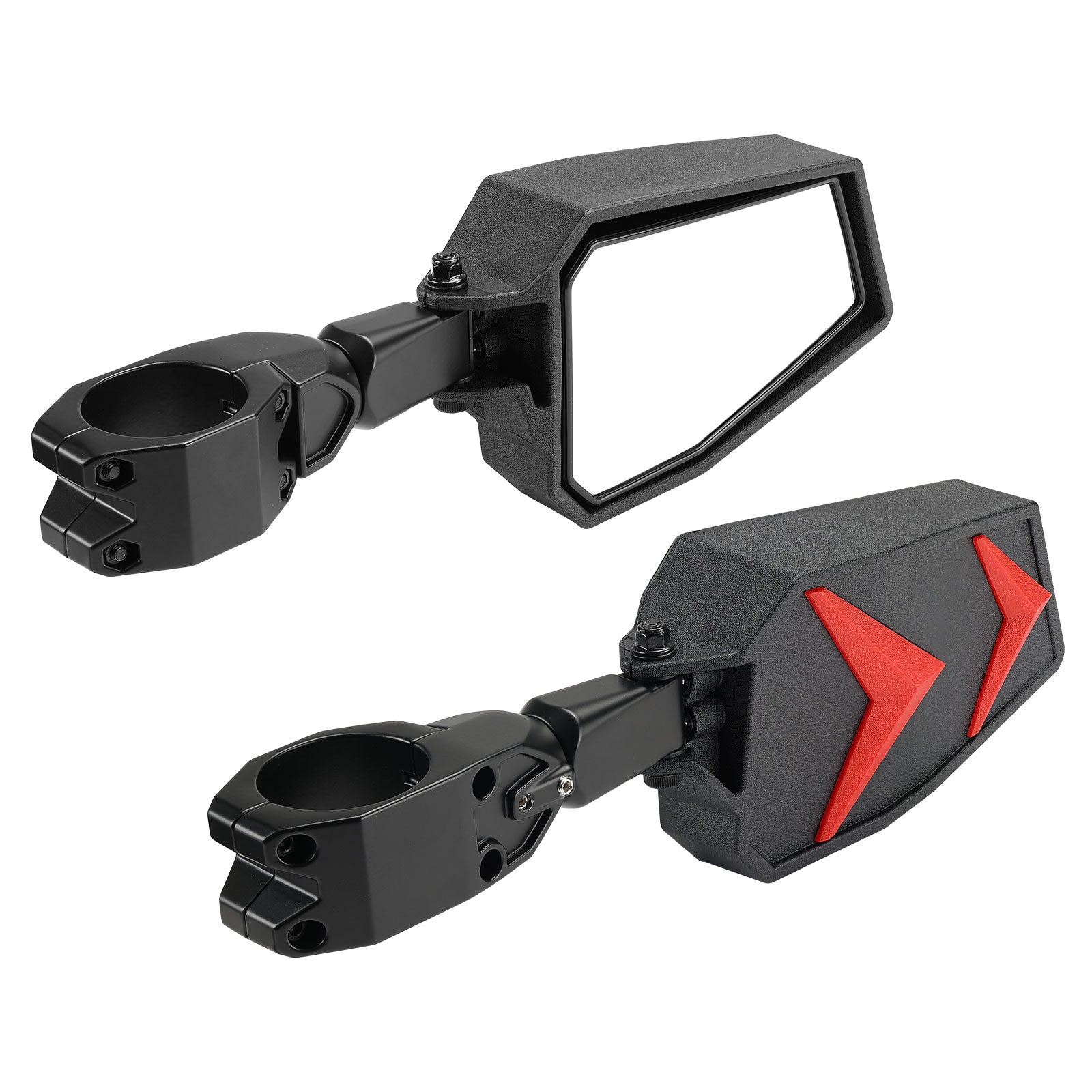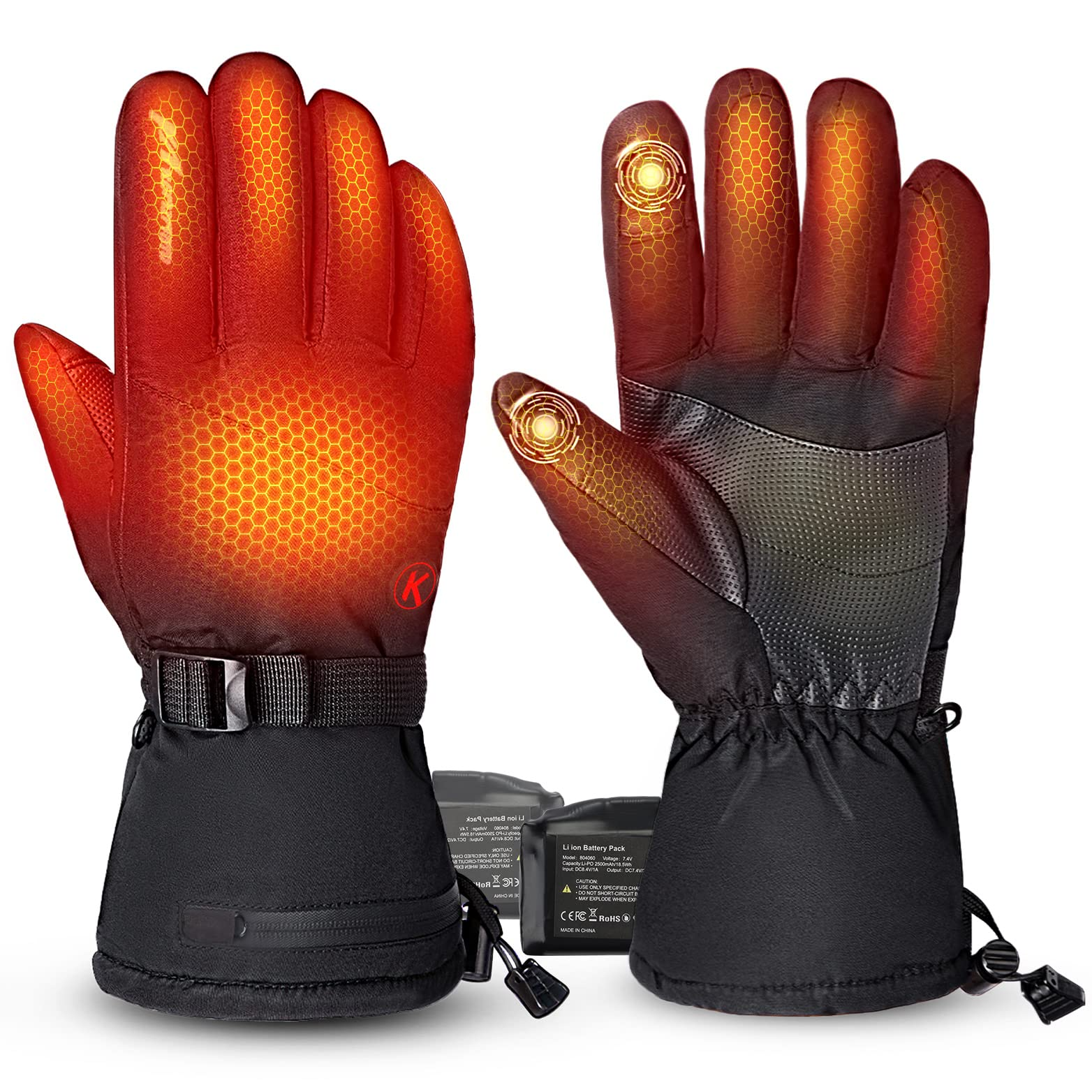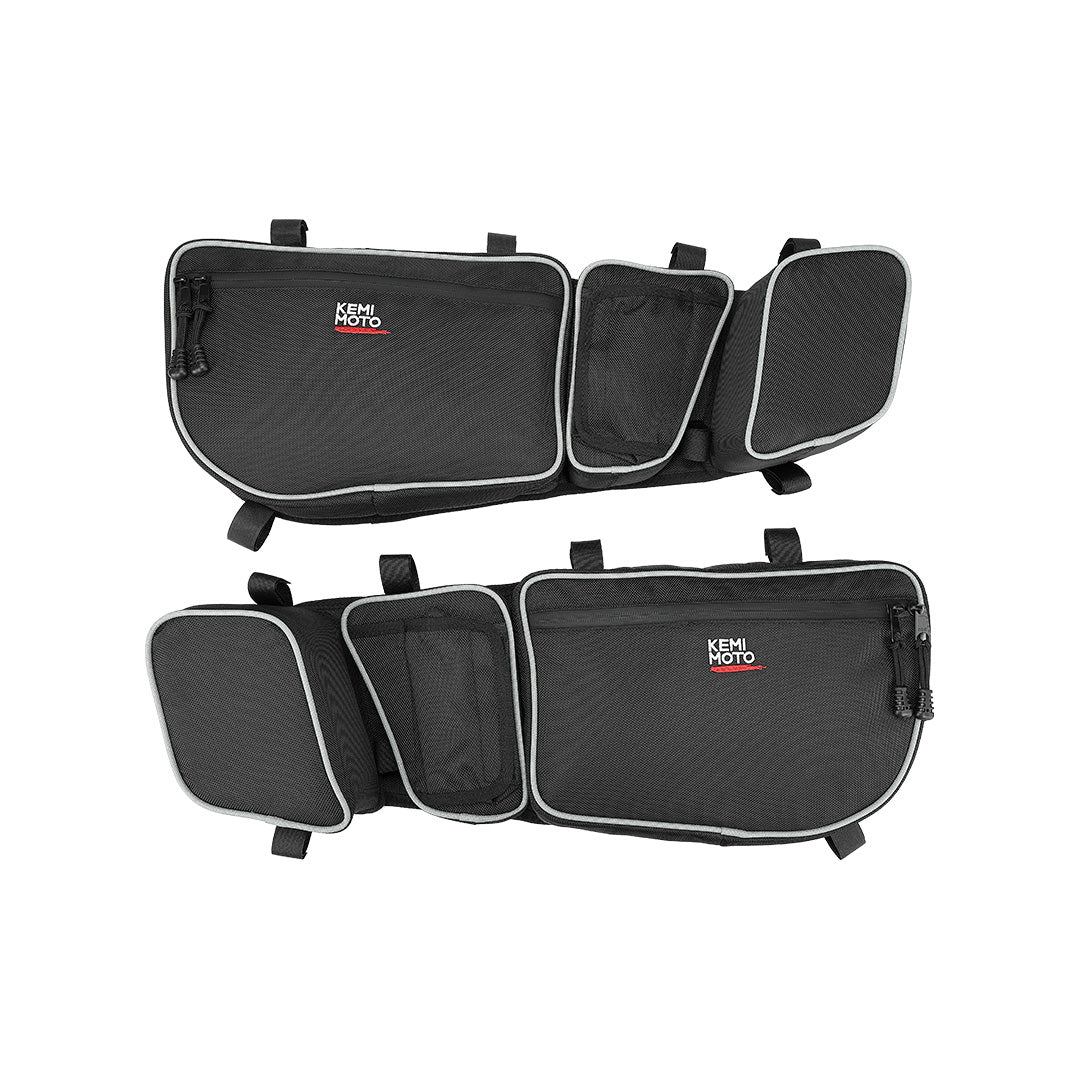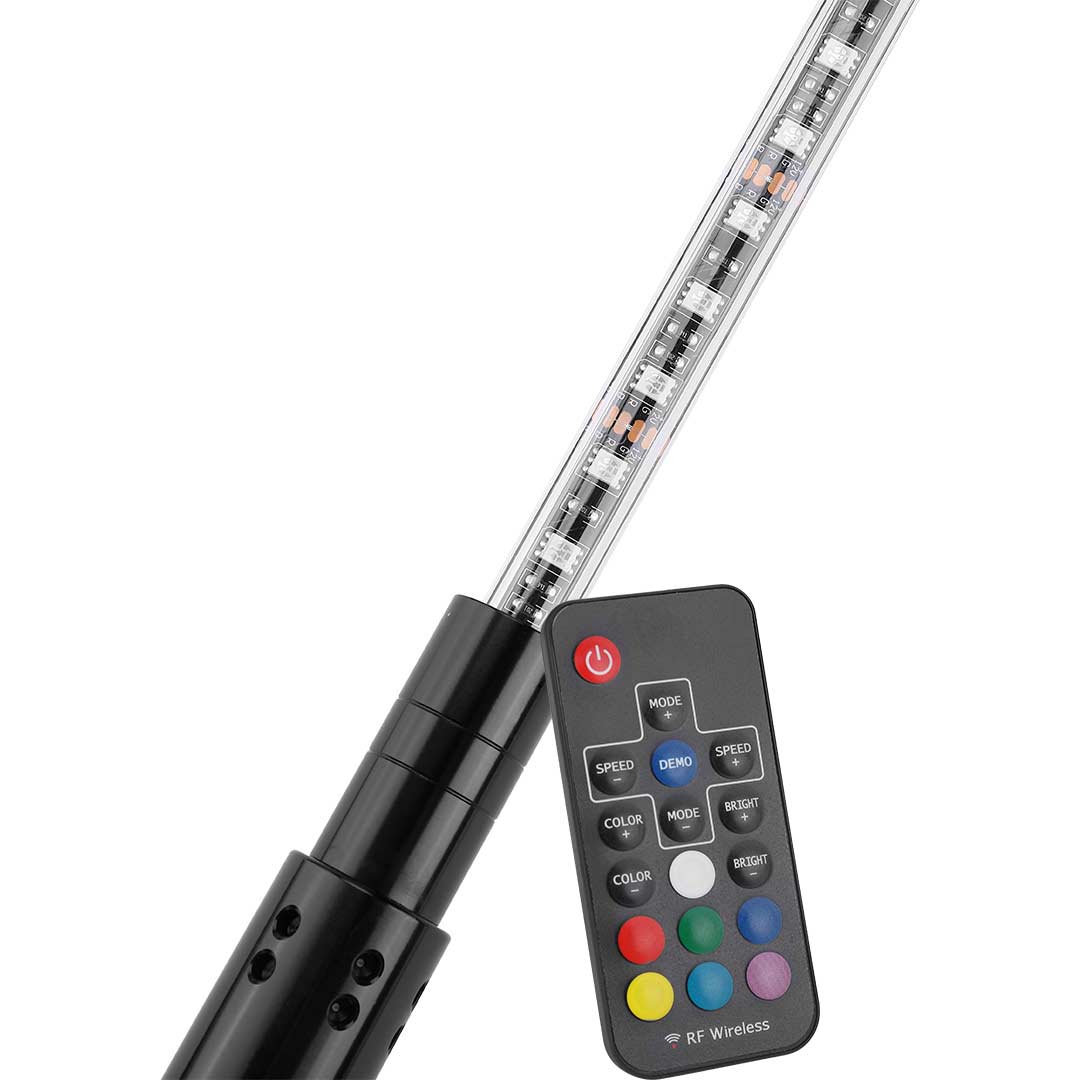Measuring for a Bimini Top: Make It Fit Like a Glove

Hey there, fellow boaters! Let's talk about something near and dear to our hearts—the bimini top. These nifty canvas canopies are lifesavers, providing much-needed shade on those sunny days out on the water. But before you can enjoy that sweet relief from the sun, you’ve got to make sure your bimini top fits your boat like a glove. And that's where measuring comes in.
Measuring for a bimini top might sound complicated, but trust me, it’s easier than you think. So, grab your tape measure, maybe a buddy to help out, and let’s dive into the step-by-step process of getting the perfect fit for your bimini top.
Why Measuring Correctly Matters?
First off, why even bother measuring? Can't you just pick one that looks right and call it a day? Not quite. Here's why measuring correctly is crucial:
1. Fit and Function: A well-measured bimini top will fit snugly and securely, offering maximum shade and protection.
2. Aesthetics: A proper fit ensures your boat looks sleek and stylish rather than clunky or mismatched.
3. Ease of Installation: Accurate measurements mean fewer adjustments during installation, saving you time and frustration.
Got it? Great! Now let’s get to the nitty-gritty.
Measure for Your Bimini Top Step-by-Step

Step 1: Gather Your Tools
Before we jump into measuring, let's make sure you have everything you need:
- Tape measure (preferably one that extends at least 12 feet)
- Pen and paper for jotting down measurements
- Helper (optional, but highly recommended)
Got your tools ready? Awesome! Let’s move on.
Step 2: Measure the Width
The width is the most critical measurement because it determines how well the bimini top will fit across your boat. Here’s how to do it:
- Identify: Locate the points where you’ll mount the bimini top. Typically, these are gunwales or rails on either side of the boat.
- Measure: Using your tape measure, stretch it from one mounting point to the other across the width of your boat. Ensure to keep the tape measure level for an accurate reading.
- Record: Write down the measurement in inches. This is your “mounting width.”
Common Width Ranges
Bimini tops usually come in standard widths like 54-60 inches, 61-66 inches, and 67-72 inches. So, match your recorded width to the closest range. At Kemimoto, we offer Bimini tops that match widths from 24"-28", 47"-55", 67"-72", 73"-78", 79"-84", 85"-90", and 91"-96".
Step 3: Measure the Length
Next up, we need to figure out how long you want your bimini top to be. The length determines how much of your boat will be shaded. Here’s the process to follow:
-
Visualize: Stand back and visually estimate how much coverage you want. Do you want to shade just the helm or the entire seating area?
-
Mark: Use temporary markers or just note the start and end points where you want the bimini top to cover.
-
Measure: Measure the distance between these two points along the centerline of your boat. This gives you the desired length.
-
Record: Write it down. Typical lengths are 5 feet, 6 feet, 8 feet, and more.
Step 4: Measure the Height
Height is a little trickier but equally important. You want enough headroom so you can stand under the bimini top comfortably, but not so high that it looks odd or doesn’t provide adequate shade. To measure the height:
- Sit and Stand Test: Sit down and stand up in the areas that will be under the bimini top. Make sure there’s plenty of clearance above your head.
- Measure: From the mounting points, measure straight up to your desired height.
Standard Heights
Most bimini tops offer heights ranging from around 36 inches to 54 inches. Pick one that offers comfortable headroom without towering too high.
Step 5: Double-Check and Confirm
It’s always a good idea to double-check your measurements. Here’s a quick recap:
-
Width: Measured from mounting point to mounting point.
-
Length: Measured along the centerline from front to back.
-
Height: Measured vertically from the mounting points.
Double-check each measurement to ensure accuracy. If possible, have your helper verify the numbers.
Step 6: Choose Your Material and Frame

Not all bimini tops are created equal. The next step is choosing the right material and frame for your needs.
Materials
- Canvas: Durable and breathable, ideal for most uses.
- Vinyl: Waterproof and easy to clean but may get hotter under direct sun.
- Polyester: UV-resistant and generally less expensive, but may not last as long as canvas or vinyl.
Frames
- Aluminum: Lightweight and affordable, great for smaller boats.
- Stainless Steel: More robust and corrosion-resistant, ideal for saltwater environments.
Step 7: Purchase and Install
With all your measurements and choices in hand, it’s time to purchase your bimini top. Use your width, length, and height measurements to find a top that fits within those parameters. Once your new Bimini top arrives, follow the manufacturer’s instructions for installation.
Tips for Installation:
- Dry Run: Before drilling any holes, do a dry run. Assemble the frame and hold it in place to ensure everything aligns correctly.
- Secure Fasteners: Use marine-grade screws and bolts to ensure a secure fit.
- Adjust as Needed: Fine-tune the position and angle of your bimini top for optimal coverage and appearance.
Troubleshooting Common Issues
Even with the best measurements, sometimes things don’t go perfectly. Here are some common issues and how to fix them:
1. Too Tight or Loose
- Solution: Check if your mounting points are too far apart or too close. Adjust as needed or consider using adjustable straps.
2. Uneven Appearance
- Solution: Ensure your boat is level when taking measurements and during installation. Double-check all mounting points are at the same height.
3. Flapping in the Wind
- Solution: Tighten all straps and fasteners. Consider adding additional support poles or wind ties for extra stability.
Final Thoughts

And there you have it, folks! Measuring for a bimini top doesn't have to be a headache. With the right tools, accurate measurements, and a little help from a friend, you'll soon find the Bimini top that perfectly fits your boat. Double-check your measurements, select quality materials, and follow the above installation tips for that snug, stylish look.
Soon enough, you'll be cruising in cool, shaded comfort, all set for those sunny days on the water!


